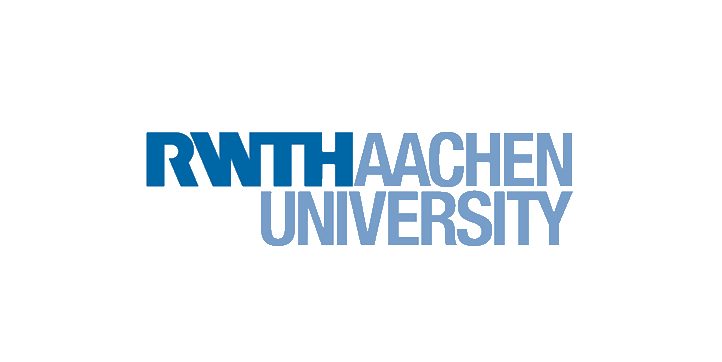RWTH: Funding continues for Transregional Collaborative Research Center in Particle Physics
The German Research Foundation (DFG) has decided to provide continued funding for the Transregional Collaborative Research Center “Particle Physics Phenomenology After the Higgs Discovery”.
RWTH Aachen University, the Karlsruhe Institute of Technology, and the University of Siegen have been conducting research at the Center since January 2019. Heidelberg University is also involved in the project. The spokesperson for the contributing Aachen researchers is Professor Michael Krämer from the Institute for Theoretical Particle Physics and Cosmology.
With the discovery of the Higgs particle in 2012, the Standard Model of particle physics – the quantum theory of the fundamental building blocks of matter and their interactions – is supposedly complete. However, the standard model does not answer all fundamental questions: Neither can the longest known fundamental force in nature, gravity, be embedded in quantum theory, nor does the Standard Model explain cosmological phenomena such as the existence of “dark matter” or “dark energy.” The Standard Model of particle physics is therefore incomplete and must be replaced by a higher-level theory.
The Large Hadron Collider (LHC) at the European Research Center CERN in Geneva searches for new phenomena beyond the Standard Model by colliding high-energy proton beams. Since no new particles have yet been generated and observed even at the highest energies of the LHC, researchers are increasingly embarking on an indirect search for a physics beyond the Standard Model: New particles and interactions manifest themselves in quantum fluctuations, which can be indirectly detected as deviations from the predictions of the Standard Model.
The Transregional Collaborative Research Center Particle Physics Phenomenology After the Higgs Discovery has been established in response to this paradigm shift. The Center has a focus on high-precision theoretical predictions for interpreting measurements at the LHC and at so-called flavor factories, and on developing new indirect methods for searching for a physics beyond the Standard Model. The expected results will help to fully realize the potential of accelerator experiments in the search for new phenomena.
DFG Transregional Research Centers
Transregional Research Centers (also CRC/Transregio, TRR) are proposed and jointly operated by two or three universities. They promote close collaboration between these institutions and the researchers based there, including the shared use of resources.

